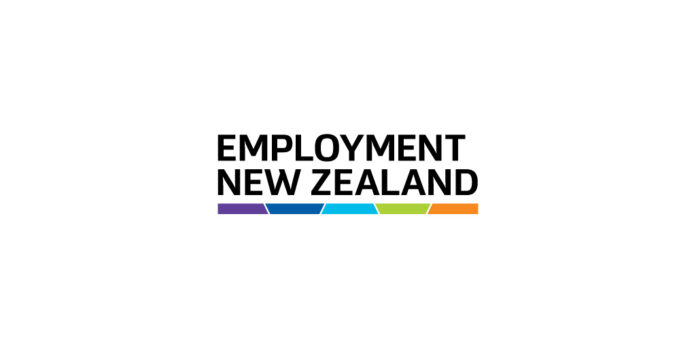Source: Employment New Zealand
Employees will soon have the right to take paid time off work in the unfortunate event of a miscarriage or stillbirth, under law changes passed by Parliament yesterday.
The law change allows an employee to take up to three days’ paid bereavement leave if they or their partner experiences a miscarriage or stillbirth. People planning to have a child through surrogacy or adoption are also eligible, if the pregnancy ends by miscarriage or stillbirth.
Losing a baby is very hard and unfortunately quite common – around 1 in 5 pregnancies end in miscarriage. Miscarriage is most common in the first 12 weeks of pregnancy, but can happen up until 20 weeks. Losing a baby after 20 weeks is a stillbirth, which is much less common than miscarriage – it affects about 1 in every 200 pregnancies.
Bereavement leave gives an employee time to grieve and to take care of matters to do with the bereavement. This can be taken at any time and for any purpose relating to the death, miscarriage or stillbirth, and does not have to be taken straight away or on consecutive days.
The existing rules on bereavement continue to apply. Employees become eligible for bereavement leave after six months.
Employees are not required to produce proof of pregnancy, miscarriage or stillbirth.
The law change does not provide bereavement leave for terminations. Depending on the circumstances, mothers may be eligible to use sick leave following a termination.
The law change is expected to take effect in the coming days, following Royal Assent.
If you’re pregnant, and worried that something might be wrong, speak to your lead maternity carer.
Danger signs during pregnancy – Ministry of Health (external link)
If you’ve lost your baby and need support, there are several organisations you can contact.
Sands New Zealand (external link)



